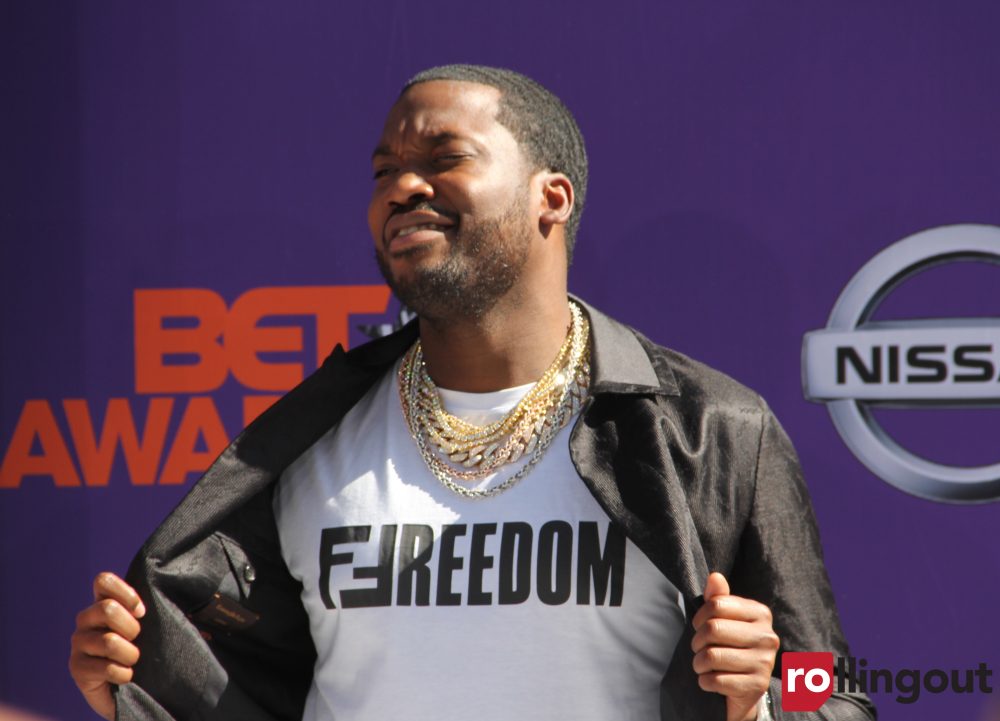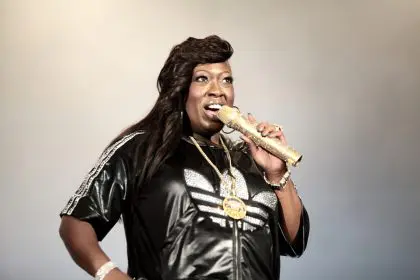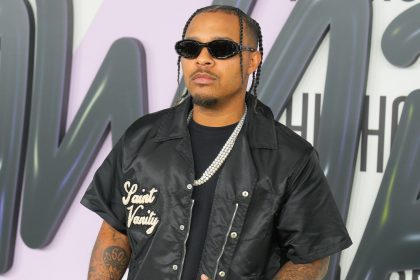In a recent turn of events, rapper Meek Mill has publicly defended fellow artist Jay-Z amid serious allegations that have surfaced in a civil lawsuit. The lawsuit claims that Jay-Z, along with Diddy, was involved in the sexual assault of a 13-year-old girl back in 2000. This shocking accusation has stirred significant media attention and public discourse, prompting Meek Mill to step in and address what he describes as a “false narrative” against Jay-Z.
The allegations against Jay-Z
The allegations against Jay-Z are severe, with claims suggesting that he and Diddy were involved in a heinous act that has resurfaced after more than two decades. The lawsuit has not only brought the artists’ past actions into question but has also ignited a broader conversation about accountability and the treatment of sexual assault victims in the entertainment industry.
Meek Mill’s response
Meek Mill, known for his outspoken nature and advocacy for social justice, took to social media to express his support for Jay-Z. He emphasized the importance of not jumping to conclusions based on unverified claims and urged the public to consider the implications of such accusations on an individual’s reputation and career. Meek’s defense highlights a critical aspect of the conversation surrounding allegations of sexual misconduct: the balance between believing victims and ensuring that accusations are substantiated.
Understanding the impact of false narratives
In today’s digital age, the rapid spread of information can lead to the formation of false narratives that can have devastating effects on individuals’ lives. Meek Mill’s comments resonate with many who fear that the rush to judgment can overshadow the complexities of legal cases, particularly those involving high-profile figures. He advocates for a more nuanced understanding of such situations, emphasizing the need for thorough investigations and due process.
The role of social media in shaping public perception
Social media platforms have become a double-edged sword in the realm of public discourse. While they provide a space for marginalized voices to be heard, they also allow for the rapid dissemination of unverified information. Meek Mill’s defense of Jay-Z serves as a reminder of the power of social media in shaping public perception and the potential consequences of misinformation.
A call for caution and compassion
As the legal proceedings unfold, it is essential for the public to approach the situation with caution and compassion. The allegations against Jay-Z are serious and warrant attention, but so too does the principle of innocent until proven guilty. Meek Mill’s intervention in this matter underscores the importance of supporting victims while also protecting the rights of the accused. In a world where narratives can be easily manipulated, it is crucial to seek the truth and advocate for justice in a balanced manner.
As this story develops, it will be interesting to see how both the legal system and public opinion respond to the allegations and the defense presented by Meek Mill. The conversation surrounding accountability, justice, and the impact of false narratives will undoubtedly continue to evolve, reflecting broader societal issues that affect us all.













